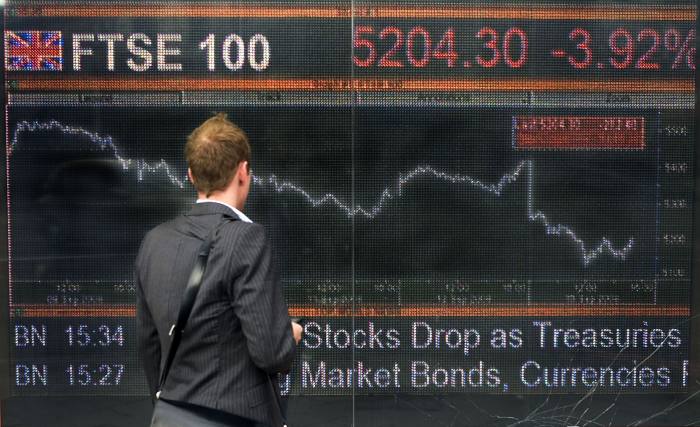
Book Review: Do markets corrupt our morals? By Virgil Henry Storr and Ginny Seung Choi
I always suggest young people interested in investment should read Ayn Rand’s Atlas Shrugged.
In part I’m teasing them – because that is one execrably written, interminable novel.
Nonetheless, Atlas Shrugged is a principled and impassioned defence of entrepreneurial capitalism and its arguments deserve to be considered, even if ultimately refuted.
Anyway, perhaps from here on I’ll cut the younger generation some slack and instead recommend Virgil Storr and Ginny Choi’s Do Markets Corrupt Our Morals?
This new book also presents a defence of markets that demands serious consideration, but is much shorter than Atlas Shrugged, with no clunky dialogue.
In fact, it is written with clarity and intellectual heft.
Specifically, the book takes on what is for many the most troublesome critique of markets.
This is, that they are inherently immoral, or at best amoral, and that we become worse as human beings when we interact in a market economy.
Aquinas, Rousseau and Marx all argued that markets turn us into creatures with a “dark propensity to gain advantage at the expense of other people”.
Mr Storr and Ms Choi take these moral scruples head on.
If markets corrupt, they say: “We should expect quantitative measures of morality to be lower in market societies than in non-market societies”.
But according to them, this cannot be demonstrated.
Instead, individuals in market societies appear to be “more charitable, less corrupt, less prejudiced and more trusting” than in non-market ones.
What has made them better people?
The authors’ answer is Montesquieu’s “doux commerce”, or “sweet trade”.
They go on to argue that “in commercial society, better judgement is rewarded, hard work is rewarded, being thrifty is rewarded and being honest and trustworthy is rewarded”.
Some other possibly provocative ideas from the book are that inequality is not a market or industrial phenomenon – there was worse inequality before capitalism.
Immigration always flows from less commercial societies to more commercial.
The more economically free you are, the more likely you are to take recreational exercise.
The majority of consumer purchases are made by women – for their children, husbands and friends.
Therefore it is love that drives markets, not greed.
Is your blood boiling yet? Do you profoundly disagree?
Well then, you must read the book, because it deserves it.
And if the arguments can be refuted, perhaps you’d let me know?
Nick Train is a co-founder of Lindsell Train
Published by Verso Books






